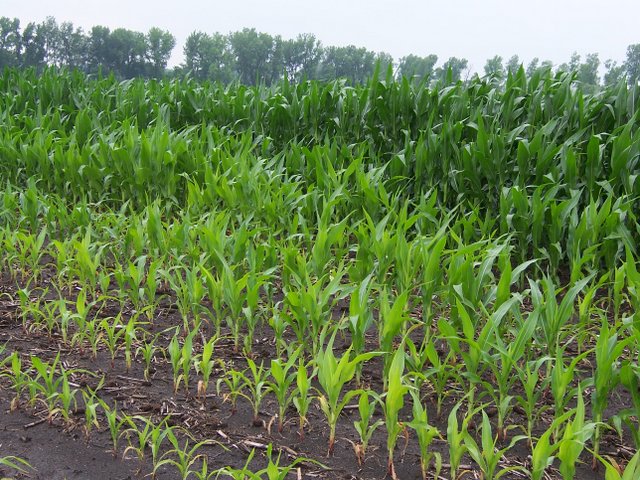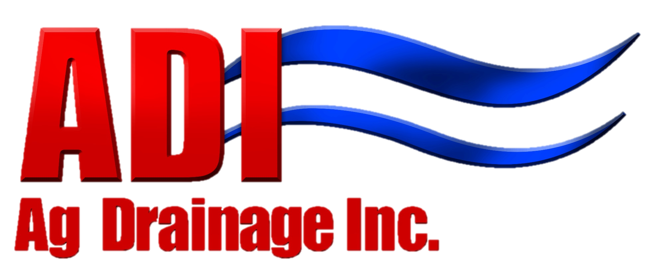
What do you think it would do for your yields if you could plant three days earlier? What about 30 days earlier? Having properly drained ground can put you ahead of the game in both the spring and the fall – setting you up for the best yield potential.
According to Certified Crop Advisor Isaac Ferrie of Crop-Tech Consulting in Heyworth, Illinois, healthy, well-drained soil can lead to stronger more productive plants.
“Root growth and development is critical to the stand-ability of the plant and water and nutrient uptakes,” Ferrie said. “If you have saturated soils, the roots will hit water early and branch out. You could have a shallow root system which would make it harder for the plant to get moisture if it turns dry.”
That means you can rest a little easier during those mid to late season dry spells because your well-established root systems will be better prepared to keep delivering moisture and nutrients to the developing plants.
Ferrie has observed the effects of farm drainage for over 10 years as part of a Crop-Tech study conducted on a central Illinois field. The study divided the field to assess tiling in different spacings, depths and soil types.
Results have varied from year to year depending on weather conditions and soil types, but drainage consistently provides key benefits including being able to get in the field sooner to plant or harvest. Historically as the planting date gets later, yields start to drop. Ferrie has witnessed the benefits of using drainage to get in the field earlier.
“We have seen anywhere from a three-day benefit to a 30-day (planting) benefit,” Ferrie said. “It just depends on the year and the weather conditions.”
On the other-hand, standing water in the early spring could have particularly negative impacts on your bottom line. Fully saturated soil pushes oxygen out of the ground and out of the root zone which can be detrimental to the soil and the plant.
According to Ferrie, “Early season stress on a corn plant, such as saturated conditions in the field, will delay maturity and could lead to a later harvest date or higher drying costs.”
Today’s competitive marketplace leaves little to no room for scheduling delays or increased costs. A well-planned drainage system can help ensure you are able to plant and harvest on-time and on-budget.
Isaac Ferrie
In addition to being a Certified Crop Advisor, Isaac Ferrie has a Bachelor of Science Degree in Geography, specializing in Geographic Information Systems (GIS) from Southern Illinois University in Edwardsville. Isaac is the GIS Project Manager for Crop-Tech Consulting Inc. where he works hands-on to coordinate and implement the nearly 150 test plots Crop-Tech conducts each year.
